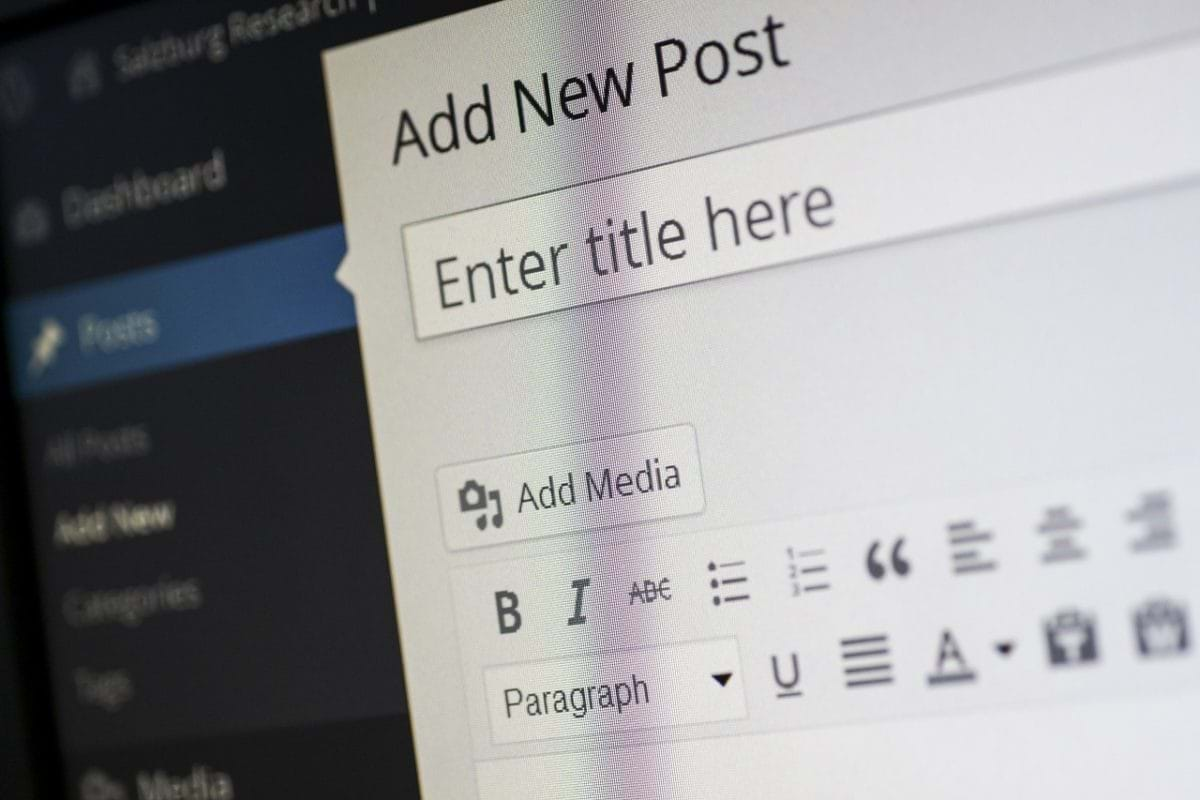WordPress Website Audits and Website Health Check

WordPress Website Audits
When was the last time you had your WordPress website audited? From our experience, most will say ‘never’. It’s a common story and yet this lack of care can become a major cost for your business both in terms of money and risk. Having your WordPress website audited ensures the best bill of health possible and gives you peace of mind to enjoy your investment in the website. Despite this, we see lots of businesses give this a very low priority. On the surface, the logic seems to make sense, if something isn’t broke, why fix it?
For many Content Management (CMS) Systems systems such as WordPress, the picture isn’t anywhere like this simple. There are some very complex code and scripts at play, much like a car, inspection and testing can reveal ‘under the hood’ problems with the engine or components which won’t yet be visible to the driver. In some cases invisible issues can continue for years before finally either becoming chronic enough to take the website offline or having created a series of new, ‘run-on’ problems which suddenly become visible that then need separately fixing.
Here we will outline some of the common situations we see and, the types of symptoms you can expect and why even a single WordPress audit of your website is a no-brainer for every business, even if this is the only one you’ve ever considered!
How do I benefit from an audit of my WordPress Website?
One of the more common challenges faced by neglected WordPress websites, particularly those running for a year or two, is the lack of housekeeping and maintenance of data such as comment spam and old pages and posts.
By default, WordPress comes with comments enabled, and we see a lot of users leave these turned on, but just not shown in the pages themselves. What this means, as spambots gradually fill up your hidden WordPress pages with spam, any spam links they include in your website will negatively impact your visibility and rankings.
Each time you make a change to a post or page in WordPress, a new version of that page is created and the old one also kept as part of WordPress’s audit history. Every change you’ve made means adding of an entirely new entry to your WordPress’s database. Since you will also likely be adding new pages, this means the growth of the size of your WordPress database is exponential and can quickly spiral out of control. This can lead to all kinds of problems, initially the site will be slow, in some extreme cases pages may error as they can’t load quickly enough.
When did you last review your plugins to remove any you are not using, or clear out your recycle bin?
Every page and post you delete goes into the recycle bin – but is kept in your database in case you wish to restore it in future. With all their revisions in their entirety. When was the last time you emptied your recycle bin? This is also something we see many businesses neglect. Perhaps more importantly, each WordPress plugin you have installed remains on your site even if it is disabled. This means it’s potentially raising security concerns and the performance of your site.
Have you audited your Wordpress website and plugins are all up-to-date and security patched?
WordPress in particular and PHP in general are very vulnerable technologies. For this reason, you will see a lot of new versions of WordPress releases to patch holes in security. These need applying right away to prevent them being exploited by malicious attackers.
Each WordPress plugin you use will include it’s own set of vulnerabilities and will often have been written by someone less skilled at preventing attacks on your website and data. This means that keeping your WordPress up-to-date is simply not going to be enough: you will also need to audit each plugin to ensure it’s safe to use, and only a website audit can reveal these kinds of flaws and ensure your website and company data is safe.
Are you keen to unlock the full potential of your WordPress website to your business? Why not get in touch and request a WordPress audit today.
See how we can help
Complete this form and we shall be in touch to see what we can do to improve your websites performance and SEO.
Simply give us some brief details about what you are struggling with i.e.
- poor website performance
- Lack of enquiries
- Not working well on mobile devices
- Does not have an SSL (secure) certificate
We will then have a quick look and get in touch to discus how we may be able to help.